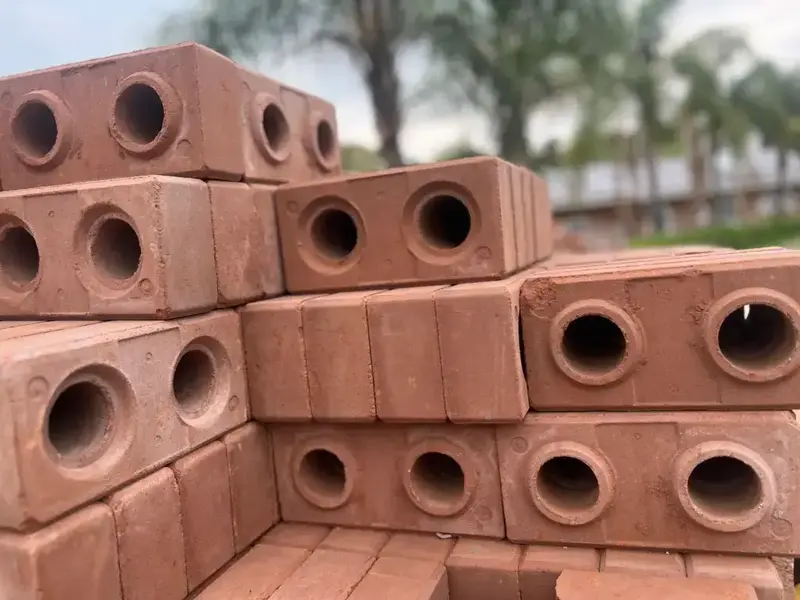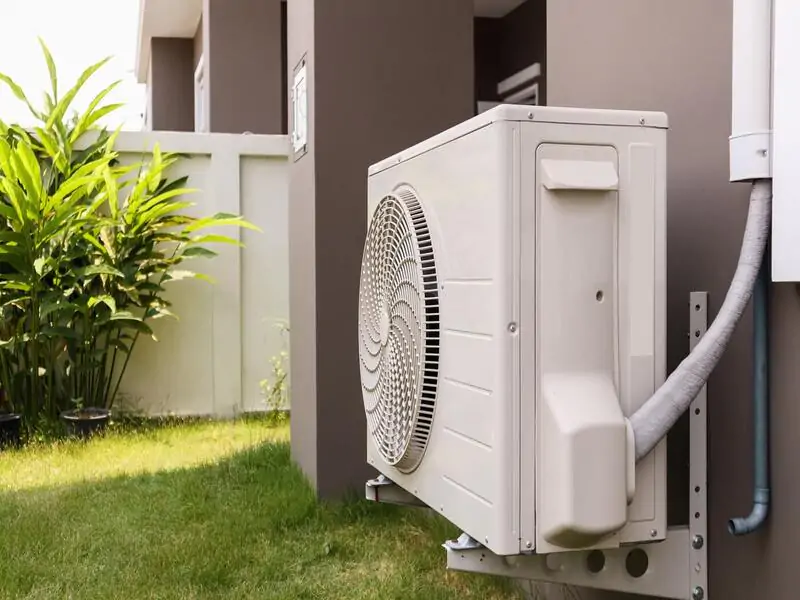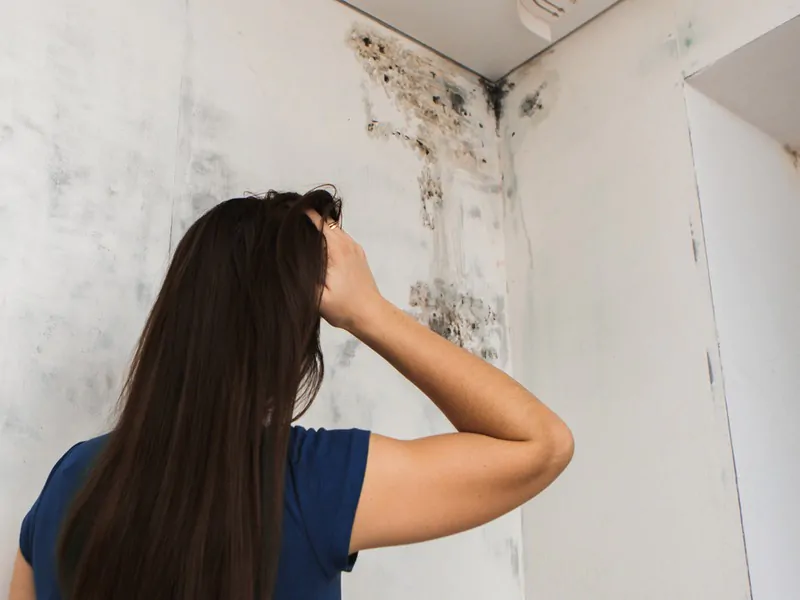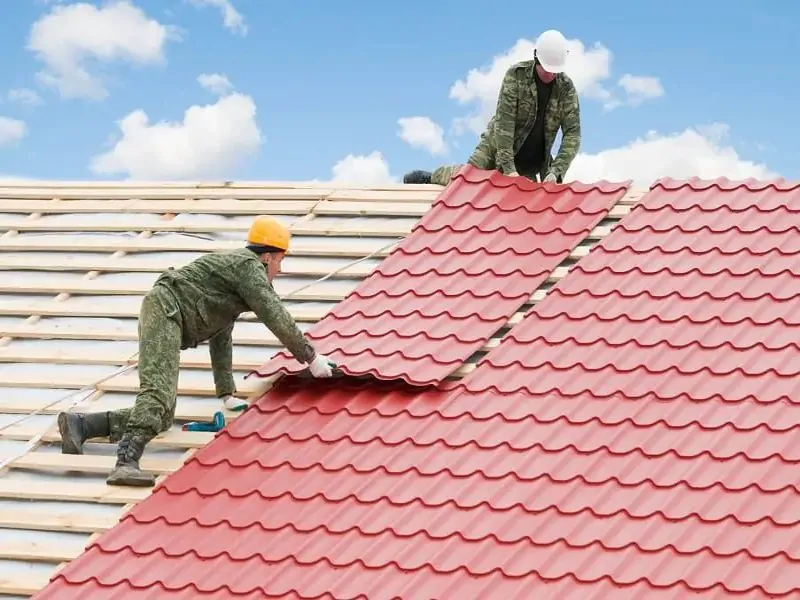Are you looking for an eco-friendly alternative to traditional bricks? Look no further than ecological bricks. In this article, we will explore what ecological bricks are, the different types available, and their advantages and disadvantages.
Introduction
Building construction is one of the major contributors to environmental degradation. Traditional bricks, made from clay and cement, have a significant carbon footprint and contribute to environmental pollution. Ecological bricks offer a sustainable alternative to traditional bricks by reducing environmental damage.
Ecological bricks are made from natural materials like clay, soil, and sand, and are compressed and cured without using heat or cement. They have become a popular choice for construction projects worldwide due to their eco-friendliness and low cost.
Ecological Brick: What it is, Types, Advantages, and Disadvantages
What are Ecological Bricks?
Ecological bricks are an innovative solution for sustainable building practices. They are made from natural and renewable materials, such as soil, clay, and sand, which are abundant in most regions. These materials are mixed with water and compacted using hydraulic pressure to create sturdy and durable bricks. The process of making ecological bricks does not require heat or cement, which significantly reduces their carbon footprint.
The ecological brick-making process involves compressing the mixture of natural materials using a hydraulic press. The bricks are then cured in the sun for several days until they are dry and hard. The resulting bricks are highly durable and have excellent thermal insulation properties, making them ideal for building structures in areas with extreme temperatures.
Ecological bricks can be used for various applications, including the construction of walls, floors, and roofs. They can also be used for landscaping and garden edging. The bricks are available in different sizes and shapes, making them versatile and easy to use in different construction projects.
One of the main advantages of ecological bricks is their low environmental impact. The production process of ecological bricks is less energy-intensive compared to traditional bricks, resulting in lower carbon emissions. Additionally, ecological bricks are made from natural and renewable materials, which are often cheaper than traditional building materials.
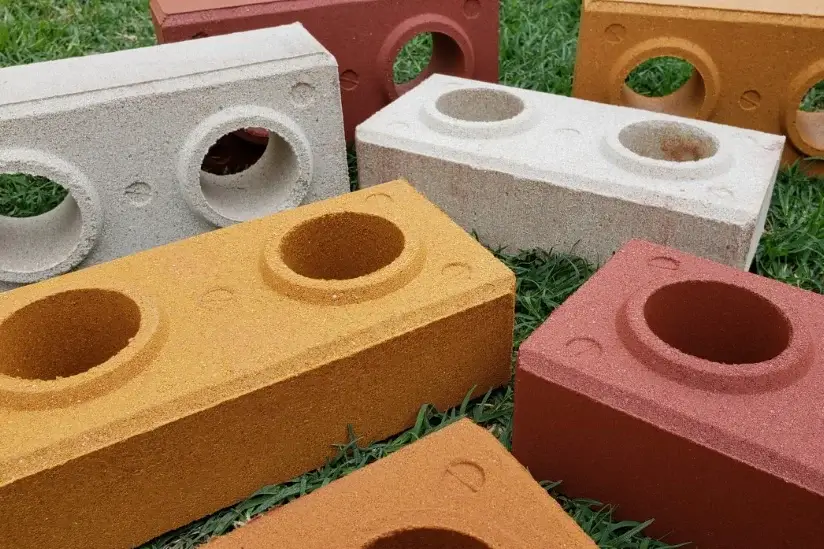
Types of Ecological Bricks
There are several types of ecological bricks available, including:
- Compressed Stabilized Earth Blocks (CSEB)
- Compressed Cement-Stabilized Earth Blocks (CCSEB)
- Fly Ash Bricks
- Interlocking Soil-Cement Bricks
- Rammed Earth Bricks
Each type of ecological brick has its unique characteristics and advantages, making them suitable for different building projects.
Advantages of Ecological Bricks
Ecological bricks offer several advantages over traditional bricks, including:
- Eco-Friendly: Ecological bricks are made from natural materials, reducing environmental pollution and carbon footprint.
- Cost-Effective: Ecological bricks are cheaper than traditional bricks due to their low manufacturing cost and availability of raw materials.
- Durability: Ecological bricks are strong, durable, and long-lasting. They are also resistant to weathering and erosion.
- Better Insulation: Ecological bricks provide better insulation compared to traditional bricks, making them ideal for building energy-efficient homes.
- Low Maintenance: Ecological bricks require less maintenance and repair compared to traditional bricks.
Disadvantages of Ecological Bricks
Ecological bricks also have some disadvantages, including:
- Limited Availability: Ecological bricks are not widely available in all regions, making it challenging to source them for construction projects.
- Moisture Absorption: Ecological bricks have a high absorption rate, making them susceptible to moisture and mold.
- Low Load Capacity: Ecological bricks have a lower load capacity than traditional bricks, making them unsuitable for high-rise buildings and heavy structures.
FAQs about Ecological Bricks
- Are ecological bricks more expensive than traditional bricks?
No, ecological bricks are cheaper than traditional bricks due to their low manufacturing cost and the availability of raw materials.
- Are ecological bricks as durable as traditional bricks?
Yes, ecological bricks are strong, durable, and long-lasting. They are also resistant to weathering and erosion.
- Are ecological bricks eco-friendly?
Yes, ecological bricks are made from natural materials, reducing environmental pollution and carbon footprint.
- Are ecological bricks suitable for high-rise buildings?
No, ecological bricks have a lower load capacity than traditional bricks, making them unsuitable for high-rise buildings and heavy structures.
- Are ecological bricks easy to source for construction projects?
No, ecological bricks are not widely available in all regions, making it challenging to source them for construction projects.
- Can ecological bricks be used for all types of building projects?
No, ecological bricks have certain limitations due to their low load capacity, making them unsuitable for high-rise buildings and heavy structures. However, they are ideal for building energy-efficient homes, schools, and low-rise buildings.
Conclusion
Ecological bricks are an eco-friendly alternative to traditional bricks, offering several advantages such as low cost, durability, and better insulation. They are made from natural materials and have a low carbon footprint, making them an ideal choice for environmentally conscious building projects. While ecological bricks have some disadvantages, their benefits make them a viable option for sustainable construction.
If you are considering using ecological bricks for your building projects, it is essential to assess their suitability based on your specific requirements. By doing so, you can make an informed decision and contribute to a sustainable future.

